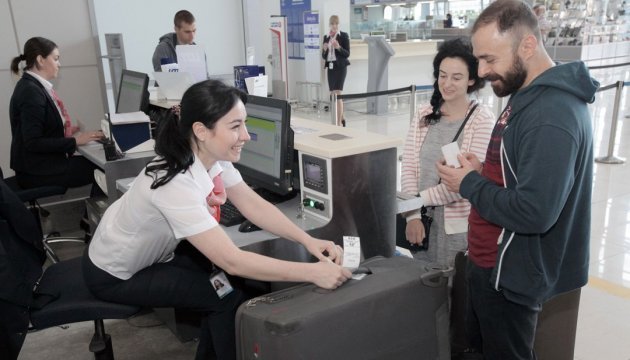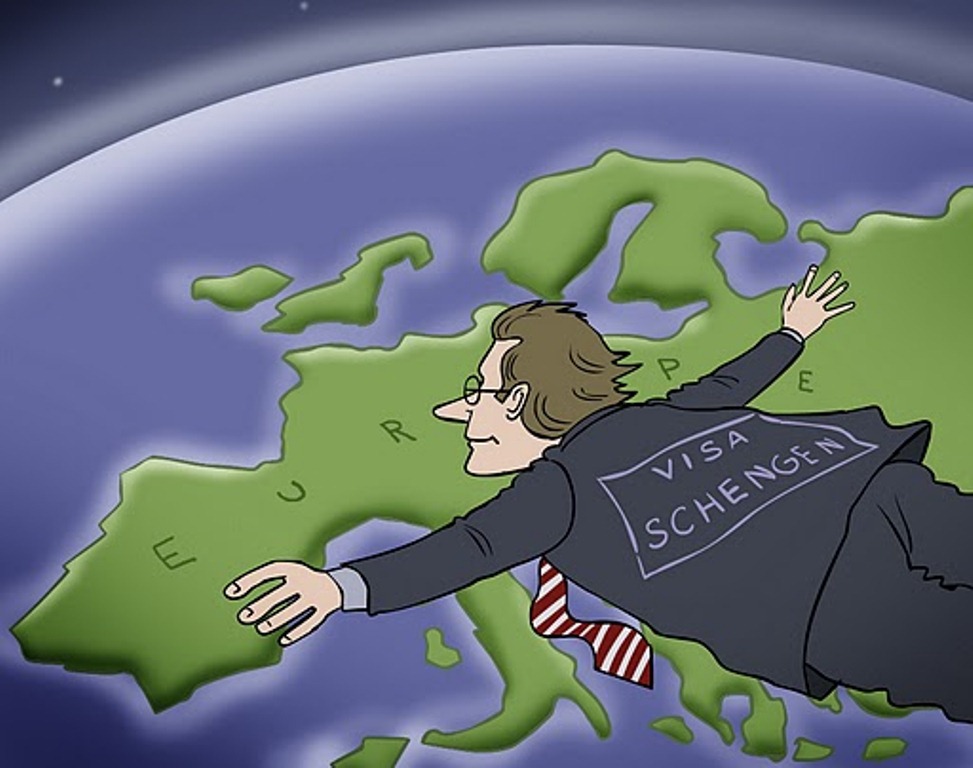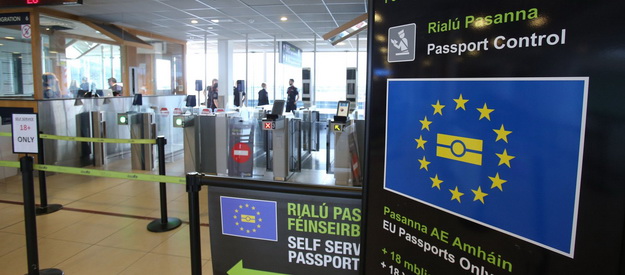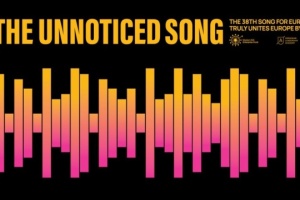
Visa-free travel before 2021: New EU rules
The European Travel Information and Authorization System (ETIAS) should start operating before 2021. It does not limit or abolish visa-free travel. The system will apply to citizens of all over 60 countries entitled to visa-free travel to the EU, including Ukrainians. A multiple-entry travel authorization will be valid for three years.
The European Union continues to legislate on the introduction of the so-called European Travel Information and Authorization System. This is an online system through which visa-exempt third country nationals will be required to submit information about their plans to enter the Schengen area, receive a respective travel authorization and pay a fee of seven euros.
The speculation surrounding this promising innovation has become a loud information pretext in some Ukrainian and Russian media outlets to announce another "betrayal," saying that visa-free travel for Ukrainians will allegedly no longer mean visa-free travel, that significant restrictions for which people will have to pay are introduced, and that the European Union played visa liberalization with Ukraine and covers all announced previous victories on the road of European integration of Kyiv.

It should be clearly denied and emphasized that such an interpretation of the development of the situation does not reflect reality. This can be judged as incompetence of some media and individual journalists in conjunction with a targeted campaign as part of wider disinformation activities of the Kremlin's hybrid war.
The ETIAS system, in fact, is a long story. The European Commission put forward respective legislative proposals for its creation back in November 2016. Then the proposals were supported by the European Parliament's Committee on Civil Liberties, Justice and Home Affairs, and trilateral negotiations began on draft legislation between the European Commission, the European Parliament and the Council of the European Union. On April 25, these trilateral negotiations were successfully completed. The decision is now to be voted at a plenary session of the European Parliament. Then, according to the procedure, the legislative resolution should be finally endorsed by the Council of the European Union.
It should be emphasized and explained that the system will concern not only Ukrainian citizens. Moreover, visa-free travel with Ukraine was not and cannot be the reason for the introduction of ETIAS. The issue concerns citizens of all 62 countries and territories with which the European Union has a visa-free regime.
By the way, a similar Electronic System for Travel Authorization (ESTA) has been in force in the United States since 2008. A travel authorization there is obtained online, costs $14 and remains valid for two years.

According to the current plans of the European Commission, the ETIAS system should be operational by 2021. It will cost the EU budget more than 200 million euros. The annual maintenance of the system is estimated at around 80 million euros, but these funds will be offset by charging a fee of seven euros.
The initiative has become a response to the escalation of the current and future challenges and threats faced by the EU.
The system is intended to strengthen internal security in the EU countries amid the fight against terrorism, overcome the crisis of illegal immigration, and protect the health of EU citizens through prior identification of persons who are unwanted, are on the wanted list or under the control of national and international competent authorities.
In general, all this is called strengthening the protection and control of the external borders of the European Union, which European citizens objectively demand from their governments and leadership of the EU.
According to the order set out in the draft legislation on ETIAS, a visa-exempt national will submit an application for receiving authorization online. The European Commission says that the procedure will be simple, will require only the documents required for travel (a biometric passport, etc.) and will take no more than ten minutes. The payment of a EUR 7 fee will be required.
The European Border and Coast Guard Agency (Frontex), in coordination with Europol and EU member states, will be responsible in the EU for the work of the system.
The information submitted in each application will be automatically processed against EU and relevant Interpol databases to determine whether there are grounds to refuse a travel authorization. If no hits or elements requiring further analysis are identified, the travel authorization will be issued automatically and quickly. This is expected to be the case for most applications. If there is a hit or an element requiring analysis, the application will be handled manually by the competent authorities.
It is also very important point to understand that one authorization will be multiple, i.e. valid for all trips to the EU for three years. It will be necessary to pay seven euros and obtain an authorization only once every three years.
At the same time, according to the EU, the travel authorization will not provide an automatic right of entry or stay; it is the border guard who will take the final decision.
Andrii Lavreniuk, Brussels.




